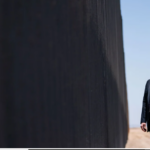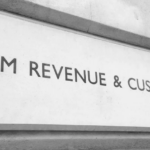Britain must adhere to its plan to stop selling new full hybrid cars without a plug by 2030, or risk a “catastrophic misstep” that could derail its net-zero ambitions, according to the motoring group Electric Vehicles UK (EVUK).
The Department for Transport (DfT) plans to enforce a ban on the sale of new purely petrol and diesel cars starting 1 January 2030. Currently, a consultation is underway to determine which types of hybrid vehicles could remain on sale until the end of 2034. Full hybrids, such as the Toyota Prius, use an internal combustion engine to recharge their batteries and can only travel a short distance on electric power alone.
Dan Caesar, chief executive of EVUK, strongly warned that allowing full hybrids to remain on the market would be a major setback, undermining public confidence in the shift to fully electric vehicles. Caesar emphasized that while he supports allowing plug-in hybrids — which can drive longer distances on electric power alone — to remain on sale until 2035, full hybrids do not contribute to genuine zero-emission motoring. “Permitting full hybrids would erode public trust in the transition to electric vehicles,” Caesar said.
Dr Andy Palmer, former chief executive of Aston Martin and former operating chief of Nissan, also weighed in, acknowledging that while full hybrids are better than mild hybrids, they “belong to the late 1990s.” Palmer echoed concerns that full hybrids do not offer meaningful progress toward reducing emissions.
Under the zero-emission vehicles (ZEV) mandate introduced this year, car manufacturers are required to sell a certain percentage of pure electric vehicles annually. This target begins at 22% in 2024 and rises to 80% by 2030. However, some industry stakeholders, including Stellantis (the owner of Vauxhall), have voiced concerns over potential job losses if the timeline for phasing out hybrids remains as planned.
A spokesperson for the Department for Transport reassured that the government intends to work closely with the automotive industry to ensure a smooth transition, pointing out that “drivers are already embracing electric vehicles faster than ever.” The DfT’s efforts aim to encourage a sustainable future, with an emphasis on electric vehicles as the key to achieving net-zero emissions by 2050.
As the 2030 deadline approaches, debates over the role of hybrid vehicles in the transition to electric transportation continue to be a focal point for policymakers and industry leaders alike.









